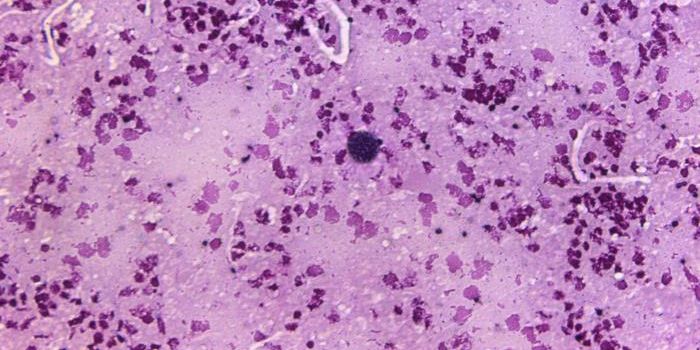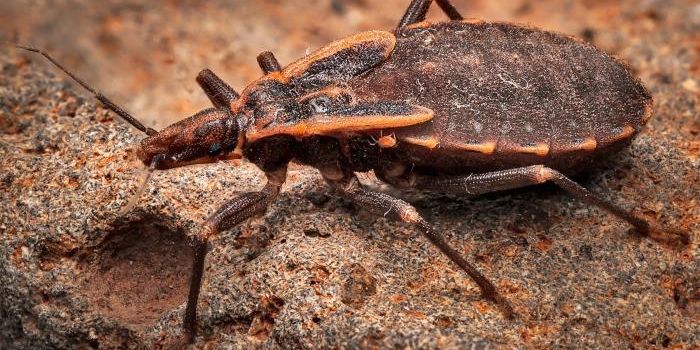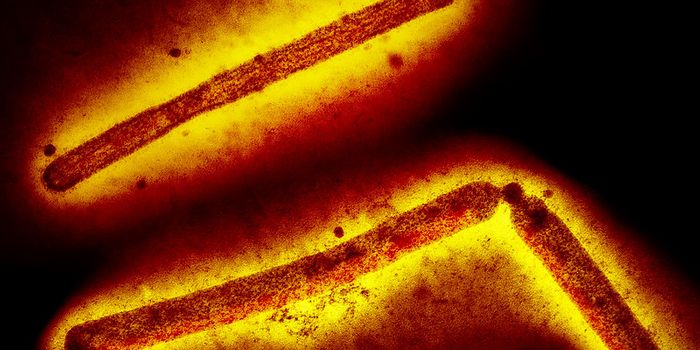A Death in New Hampshire is Blamed on Eastern Equine Encephalitis
Mosquitoes are the deadliest animals in the world because of the diseases they carry, such as malaria and dengue. Mosquito-borne diseases including dengue are becoming more widespread, which may be because mosquitoes that carry certain pathogens are moving into new areas, or are being given a reproductive boost by weather conditions that lead to much higher numbers of mosquitoes. Some studies have shown that certain populations of mosquitoes that are exposed to higher temperatures also beomce more heat tolerant. However, other research has indicated that higher temperatures may reduce the transmission of mosquito-borne disease. Our environment is a complex system, and scientists are still trying to understand how mosquitoes and the illnesses they carry will be influenced by climate change, and how we will be affected by those changes.
While we are all familiar with the itchy, little welts caused by mosquito bites, and most of us have heard of malaria and dengue, Eastern equine encephalitis (EEE) is a less well known disease that is also spread by mosquitoes. It is caused by a virus, and there are no vaccines or treatments for the disease. People do not transmit the disease to each other. The rates are low, but can vary from year to year, and the Centers for Disease Control and Prevention (CDC) estimates that there are about eleven confirmed EEE cases in the US every year.
Many people who are infected with EEE do not exhibit symptoms and recover without treatment. However, it can cause headaches, vomiting, diarrhea, fever, seizures, behavioral changes, or drowsiness. People who are under 15 or over 50 seem to be more likely to have worse cases of EEE than others not in those age ranges. In more serious cases, the disease can lead to brain swelling or encephalitis and neuroinflammation. People who survive severe cases of the illness may also have chronic health problems after the acute phase is over.
A few weeks ago, Massachusetts officials became concerned when a local man was diagnosed with EEE, and there have since been cases in a few other states including New Jersey and Wisconsin. The Associated Press has reported today that a New Hampshire resident that was recently diagnosed with EEE has now died.
“We believe there is an elevated risk for EEE [virus] infections this year in New England given the positive mosquito samples identified. The risk will continue into the fall until there is a hard frost that kills the mosquitos. Everybody should take steps to prevent mosquito bites when they are outdoors,” said New Hampshire epidemiologist Dr. Benjamin Chan.
Preventing mosquito bites is the best way to protect yourself from this illness. Steps anyone might take include avoiding being outside in the early morning or in the evening (after 6pm), when mosquitoes are more active, and wearing long pants and sleeves. Experts recommend that any sources of standing water near people's homes should be drained to prevent the pests from reproducing. Mosquito repellent can also be effective.
Sources: The Associated Press, CDC









